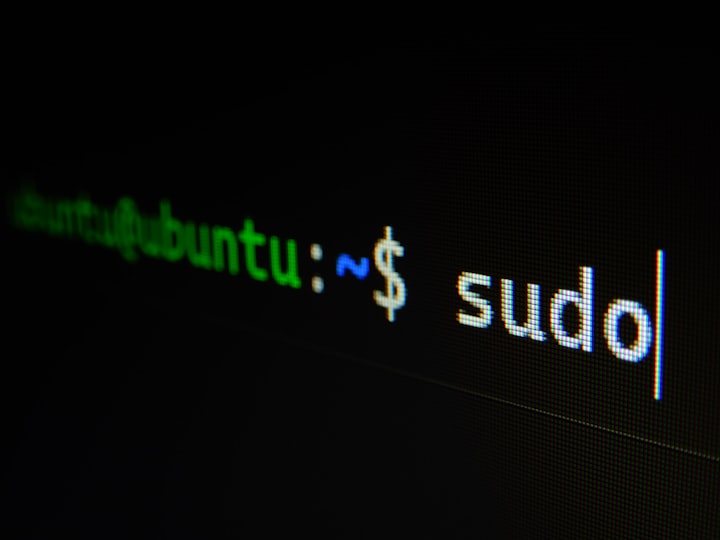
Linux is an open-source operating system that has a rich and fascinating history. It all began in 1991 when a Finnish student named Linus Torvalds created the Linux kernel. Torvalds was a computer science student at the University of Helsinki and was frustrated with the limitations of the existing operating systems available at the time. He wanted to create a Unix-like operating system that could run on personal computers.
Torvalds released the first version of the Linux kernel, version 0.01, as a hobby project and shared it with the online community. From there, a group of enthusiasts and developers began contributing to the project, improving and expanding the capabilities of the operating system. This collaborative effort laid the foundation for what would become the Linux we know today.
One of the key features of Linux is its open-source nature. Unlike proprietary operating systems like Windows or macOS, Linux is free and can be modified and distributed by anyone. This openness has led to a vibrant and diverse ecosystem of Linux distributions, each with its own unique features and target audiences. Some of the most popular Linux distributions include Ubuntu, Fedora, Debian, and Arch Linux.
Linux has played a crucial role in the development of the internet and the proliferation of the open-source software movement. Many web servers and supercomputers around the world run on Linux due to its stability, security, and scalability. In fact, Linux powers the majority of the world's servers, including those of major companies like Google, Facebook, and Amazon.
Despite its dominance in the server space, Linux has also made significant inroads on desktop and mobile devices. Linux-based operating systems such as Android, which is used by billions of smartphones worldwide, have become incredibly popular. Additionally, Linux distributions like Ubuntu and Linux Mint have gained a loyal user base on desktop computers, offering a free and customizable alternative to commercial operating systems.
Now, let's move on to some fun facts about Linux:
1. The name "Linux" is a combination of Linus (referring to Linus Torvalds) and Unix. Torvalds originally wanted to name it "Freax" but was convinced by a friend to use the name Linux instead.
2. The Linux kernel has been ported to a wide range of devices, from traditional computers and servers to smartphones, smartwatches, routers, and even refrigerators.
3. Linux is known for its stability and reliability. It is not uncommon for Linux-based systems to run for years without requiring a reboot, making it ideal for critical infrastructure and server environments.
4. Linux has a mascot called Tux, which is a penguin. The story goes that when Torvalds was bitten by a penguin at a zoo, he decided to make it the mascot for Linux.
5. Linux powers many of the world's top supercomputers. As of the latest rankings, over 90% of the world's fastest supercomputers run on Linux.
6. The Linux community is known for its passion and dedication. Thousands of developers worldwide contribute to the development of the Linux kernel and various open-source projects associated with Linux.
7. Linux has influenced other operating systems, with some borrowing concepts and ideas from Linux. For example, Apple's macOS is built on a Unix-like foundation, and Microsoft has integrated Linux into Windows 10 through the Windows Subsystem for Linux (WSL).
8. Linux is highly customizable, allowing users to choose from a wide range of desktop environments, window managers, and software applications to suit their preferences and needs.
9. Linux is used by many artists and creative professionals. Popular software like Blender (3D animation), GIMP (image editing), and Ardour (audio editing) run on Linux and provide powerful tools for creative work.
10. Linux has a strong focus on security and privacy. Its open
-source nature allows for thorough code reviews and quick identification and fixing of vulnerabilities, making it a popular choice for security-conscious users.
The history of Linux and its impact on the world of computing is truly remarkable. From its humble beginnings as a student project to its widespread adoption in various industries, Linux continues to shape the way we use technology. Whether you're a developer, a server administrator, or a casual user, Linux offers a world of possibilities and a community that values collaboration and openness.
About the Creator
Gianluca Valena
I love bike an it stuff





Comments
There are no comments for this story
Be the first to respond and start the conversation.